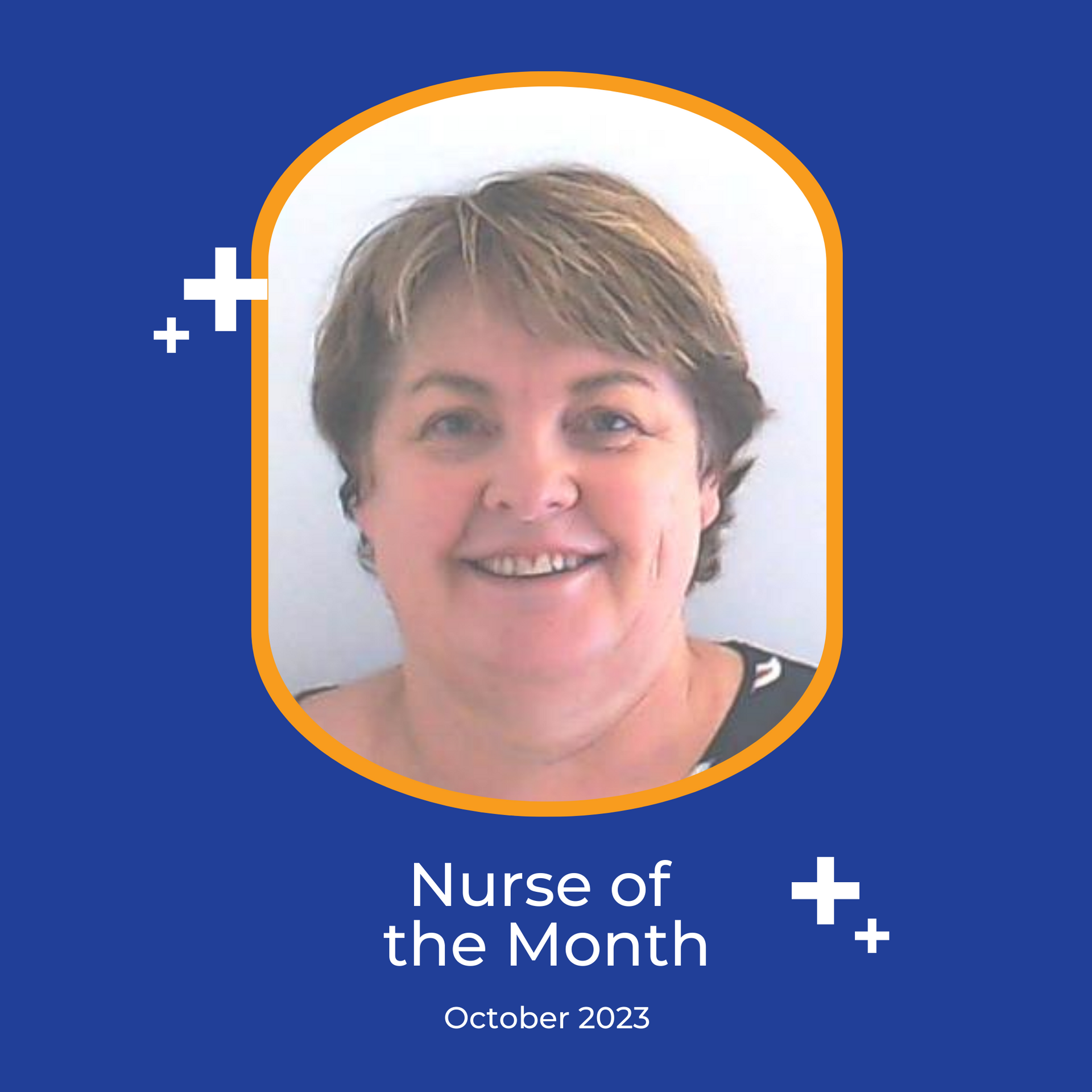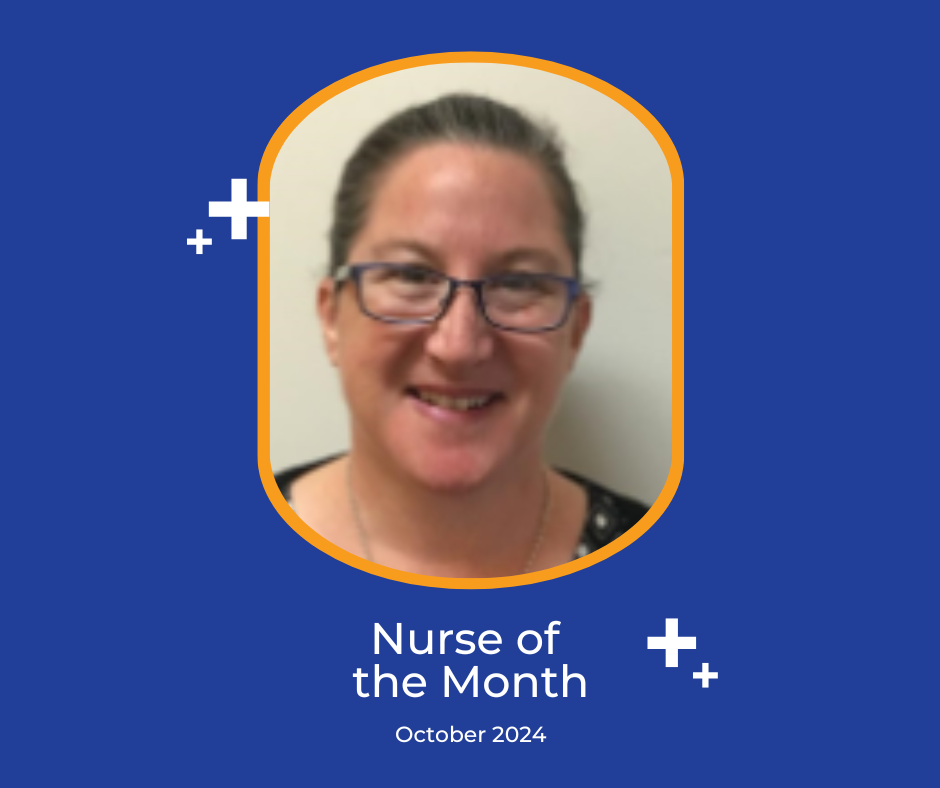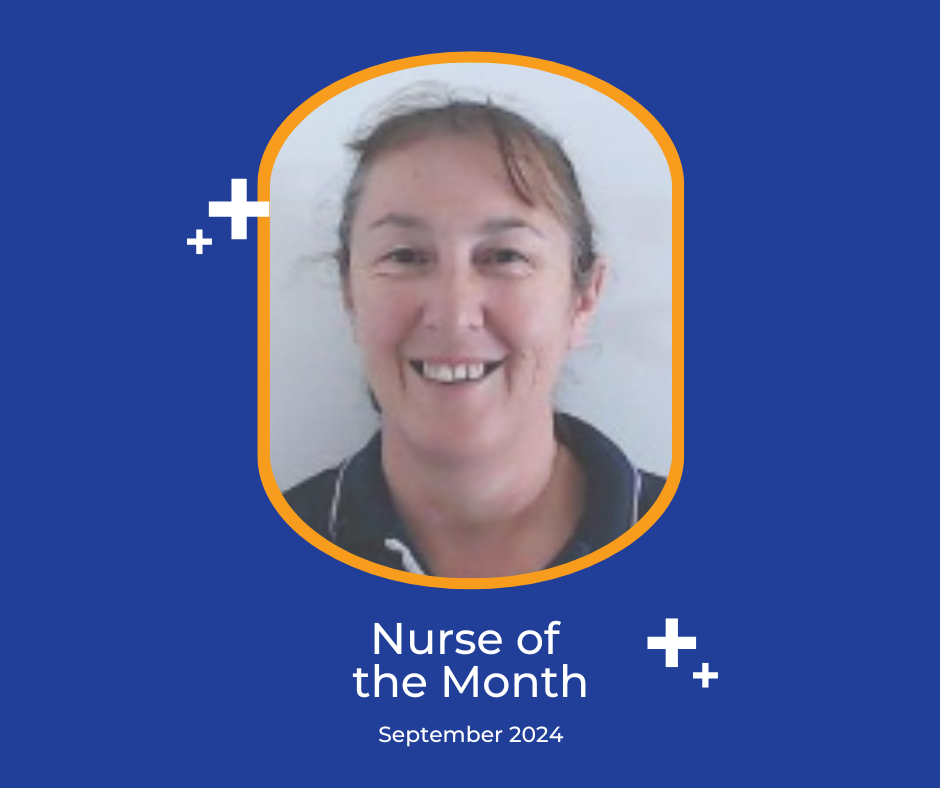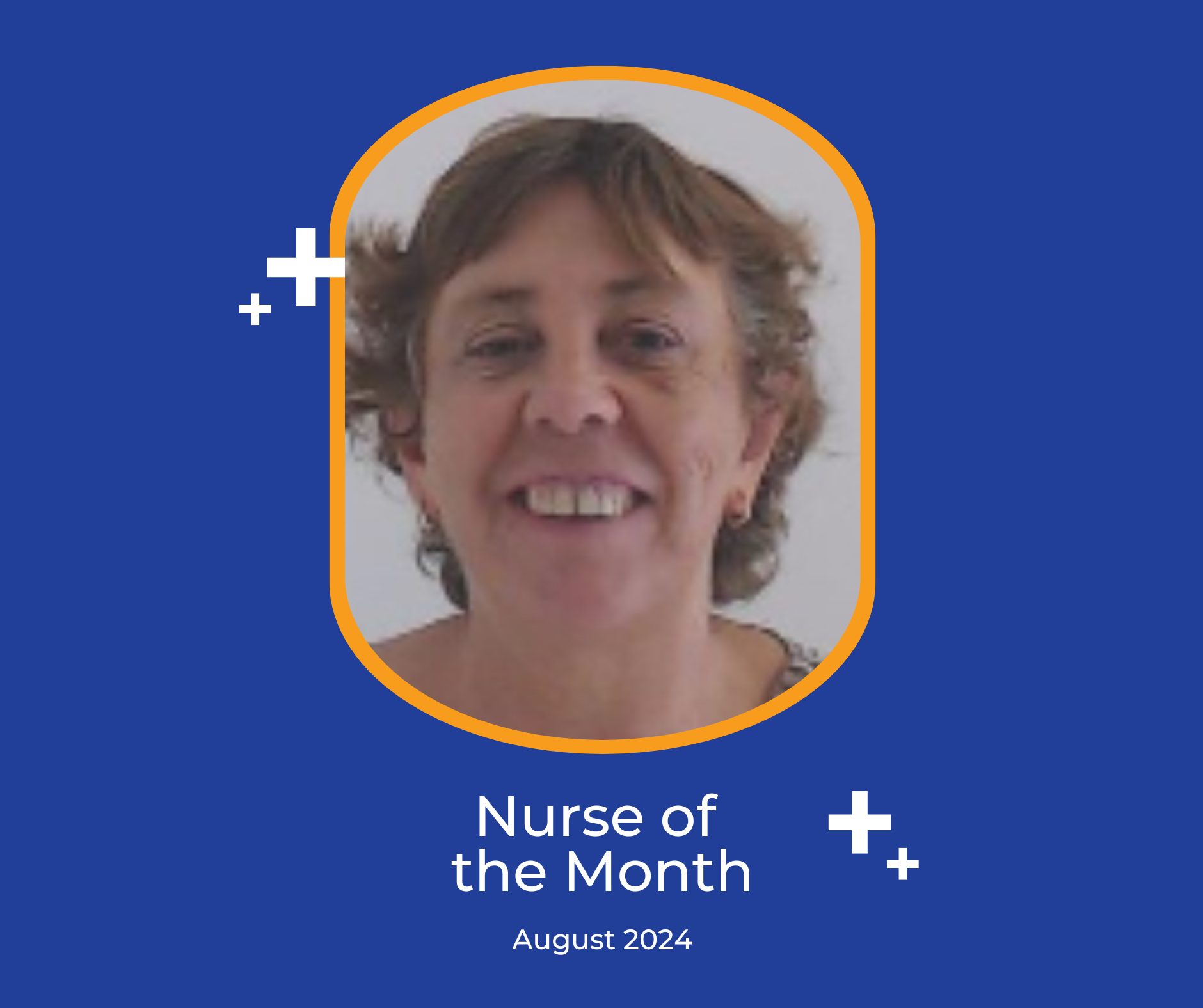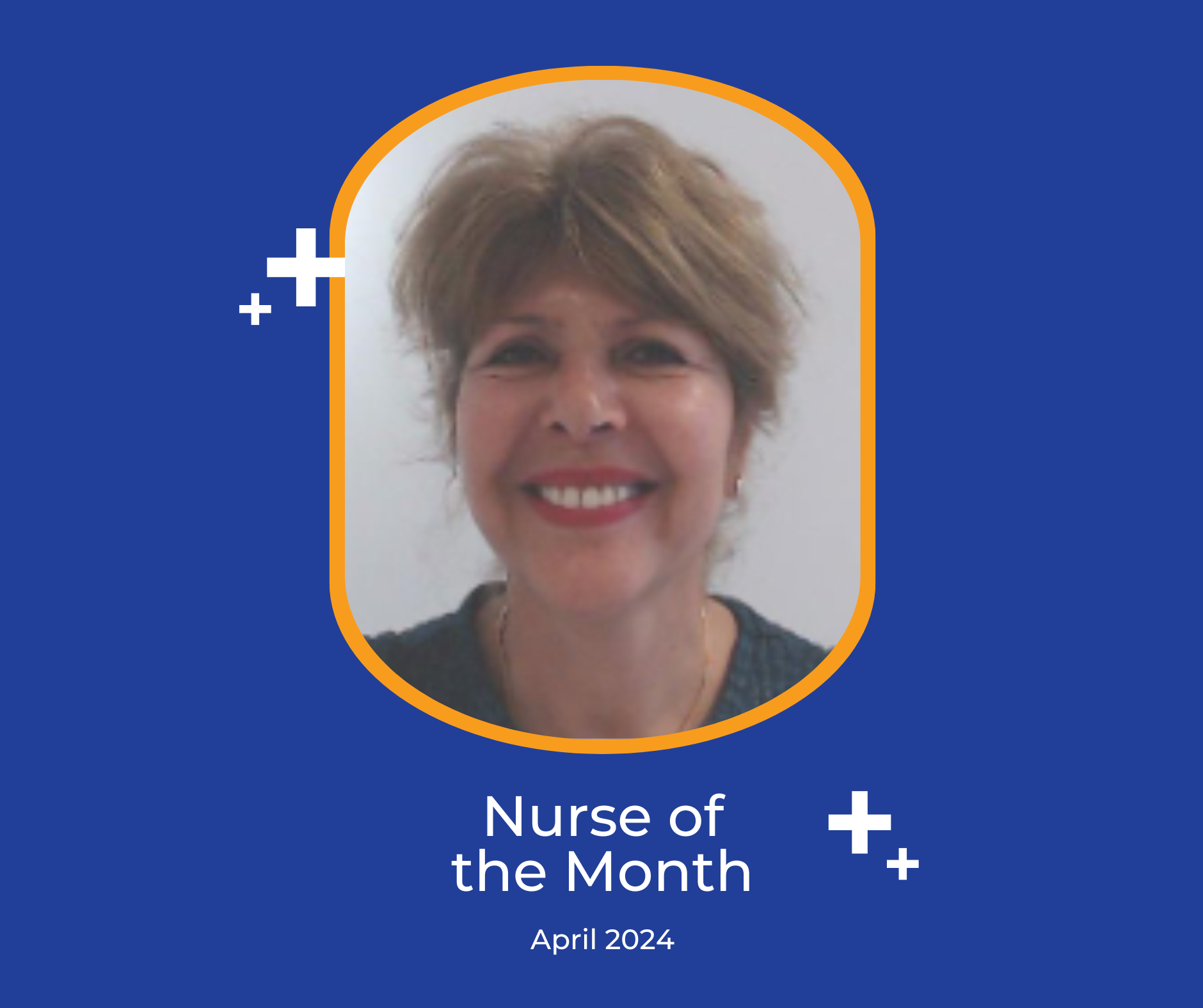By Matthew Power
•
November 26, 2024
As a nurse, you know how important care is. Every day, you’re providing a high level of care for others, helping them heal. But it’s equally as important to take care of yourself. Nurses are under a lot of pressure, so it’s time to reflect and work on your mental health. Not only will it help you maintain your energy and performance on the job, but it will also help you live a fulfilling life. Let’s dive into 10 things you can do to improve your mental health. 1. It’s ok to prioritise yourself You’re often prioritising others over yourself as a nurse. But sometimes, you need to take a break and give yourself some self-care. Many see self-care as a silly catchphrase that gets you doing more things like manicures, massages or shopping. But it doesn’t have to be. Instead, self-care is about prioritising your own well-being, setting boundaries, sleeping, eating well and just feeling connected with friends, colleagues or family. 2. Practice gratitude When you’re feeling tired, stressed, and overwhelmed, it can be very easy to forget about the things you appreciate. Practising gratitude helps shift your mindset. It helps you to focus on the positive things in your life, influencing your behaviour and attitude. To improve your gratitude, think of 3 positive things in your life every day and track them in a journal. 3. Do more of the things you love A great way to take a break from stress is to do the things that you love. Dive into your hobbies and enjoy the energy they bring into your life. Whether you enjoy knitting, reading, painting, video games, music, or more, make sure you set quality time aside to enjoy your hobby. These hobbies provide some therapeutic time to focus on yourself. Plus, they give you something fun to look forward to each day! 4. Exercise and eat well Exercise and food both have an enormous impact on your mental health. The foods you eat change your energy levels, with some nutrients burning out before the day is done. Focus on eating healthier foods that provide long-term energy, and don’t forget to take breaks to eat and drink while on shift. Exercising releases endorphins, endocannabinoids, and dopamine which are the chemicals that tell your brain that you’re happy and loving life. Exercise also promotes neuroplasticity and increases the oxygen supply to your brain. By exercising more you’ll feel happier, stronger, and have more stamina to deal with the day ahead. 5. Try out journaling Journaling is a great way to get the stress, anxiety, and emotional thoughts out in a safe and private space. Just write whatever comes to mind. It doesn’t have to be pretty, legible, or even actual words. Just express the thoughts and feelings you have onto the paper in whatever form they take. 6. Disconnect We live in a world rich in connectivity, information, and instant gratification. But that can also bring a lot of stress. We take that all in when we sit on our phones doom scrolling through social media, news sites, or watching videos. Take some time out of your day to put the phone away, hop off the internet, and enjoy the world around you. Go for a walk in a park, spend some time with friends, or just sit down with a good book and cup of tea. 7. Sleep Sleep has an enormous impact on your mental health. Our bodies use sleep to process the day behind us and prepare for the day ahead. Your brain needs time to go through your memories, and your body needs time to rest and recover. The average adult needs between 7-9 hours of sleep per night. Try to put more time aside for sleep so you can wake up feeling refreshed and energised. 8. Create a routine Routines help you gain a sense of accomplishment giving you an energising endorphin hit. A solid routine could be little things like setting an alarm, making your bed, and having a healthy breakfast. Little accomplishments help you start your day off on the right step giving you the energy you need. 9. Embrace mindfulness Mindfulness helps nurses develop skills they can use to manage clinical stress and improve their health. It’s a great tool for increasing overall attention, empathy, and presence with patients and families. Mindfulness exercises also help with work satisfaction, serenity, decreased incidental overtime, and reduced job burnout. You may have heard of mindfulness exercises before and have even tried some out. The best thing you can do is to practice them every day, so they become almost automatic and natural to you. The exercises don’t take much time, and you can do them anywhere. Start by sitting quietly and taking four or five long, slow, deep breaths, paying close attention to how you feel while you inhale and exhale. 10. Consider professional help If you’re struggling with feelings of anxiety, depression, stress, or burnout, you aren’t alone. Many incredible professionals are there to help you. They will listen to you, understand your current situation, and will provide the tools you need to help improve your mental health. In Australia, you can get 10 subsidised psychologist visits per year with Medicare. Have a chat with your GP about setting up a mental healthcare plan so you can start the road to better mental health. Conclusion Mental health is important. As a nurse, you’re under a lot of stress and pressure every day. It can make your work and personal life more challenging and result in burnout. If you’re looking for ways to better take care of your mental health, give these 10 tips a go. Otherwise, reach out to your GP and get started on your journey to improved mental health. For more tips like these check out our other blog articles .
